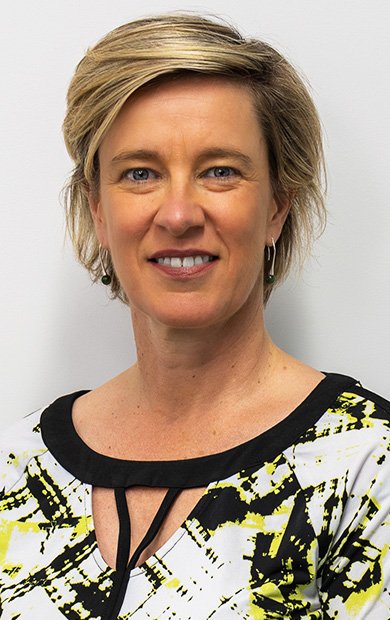To flush or not to flush? New standard aims to give an answer
Statements
- In recent years, what constitutes a flushable product has been a source of contention across Australia.
- Shortages in toilet paper during COVID-19 restrictions saw an increase in blockages and fatbergs as individuals searched for alternatives to toilet paper.
- DR AS/NZS 5328 which is currently in development will aim to outline methods for determining products suitable to be flushed down a domestic toilet and establish appropriate consumer disposal labelling requirements.
Stories of fatbergs and blocked sewers continue to pop up across the country, affecting both inner city systems and regional areas. Much of the commentary on this plumbing challenge is directing blame towards wet-wipes or similar products that are unable to break down when flushed.
“Debates around what is appropriate to flush were only heightened by COVID-19 and the toilet paper shortages that came with it. In April of this year, Sydney Water reported a 22 percent increase in blockages as people utilised alternatives to toilet paper such as wet wipes [1],” said Daniel Chidgey, Head of Stakeholder Engagement at Standards Australia.
To help provide clarity around this issue, Standards Australia has been working alongside a committee of experts representing the water and waste services industry to develop an Australian Standard.
“What is flushed down the toilet should not adversely affect wastewater collection and treatment systems. This new standard has potential to be an important addition to the sector and will aim to make it more clear what material can be put down the toilet,” continued Mr. Chidgey.
"We are hopeful the new standard will bring clarity to this issue for Australian industry and consumers. In the meantime, we advise individuals to only flush the 3Ps - Pee, Poo and Paper," said Adam Lovell, Executive Director at Water Services Association of Australia.
“Standards Australia looks forward to finalising work on this standard and bringing it to the Australian public as soon as possible,” concluded Mr. Chidgey.

- In recent years, what constitutes a flushable product has been a source of contention across Australia.
- Shortages in toilet paper during COVID-19 restrictions saw an increase in blockages and fatbergs as individuals searched for alternatives to toilet paper.
- DR AS/NZS 5328 which is currently in development will aim to outline methods for determining products suitable to be flushed down a domestic toilet and establish appropriate consumer disposal labelling requirements.
Stories of fatbergs and blocked sewers continue to pop up across the country, affecting both inner city systems and regional areas. Much of the commentary on this plumbing challenge is directing blame towards wet-wipes or similar products that are unable to break down when flushed.
“Debates around what is appropriate to flush were only heightened by COVID-19 and the toilet paper shortages that came with it. In April of this year, Sydney Water reported a 22 percent increase in blockages as people utilised alternatives to toilet paper such as wet wipes [1],” said Daniel Chidgey, Head of Stakeholder Engagement at Standards Australia.
To help provide clarity around this issue, Standards Australia has been working alongside a committee of experts representing the water and waste services industry to develop an Australian Standard.
“What is flushed down the toilet should not adversely affect wastewater collection and treatment systems. This new standard has potential to be an important addition to the sector and will aim to make it more clear what material can be put down the toilet,” continued Mr. Chidgey.
"We are hopeful the new standard will bring clarity to this issue for Australian industry and consumers. In the meantime, we advise individuals to only flush the 3Ps - Pee, Poo and Paper," said Adam Lovell, Executive Director at Water Services Association of Australia.
“Standards Australia looks forward to finalising work on this standard and bringing it to the Australian public as soon as possible,” concluded Mr. Chidgey.



